
Topic
Housing
Housing matters. A stable, quality, affordable home is a foundation for so many other parts of life. How do we bring it in reach for everyone?
The Latest

Tribal-Sponsored Development Offers Housing and More in Minneapolis
A hub for health care, social services, and community, the Mino-Bimaadiziwin apartments meet the unique needs of urban Native Americans while enriching the surrounding community.
Explore Articles in this Topic
Search & Filter Within this Topic
filter by Content Type
filter by Date Range
search by Keyword
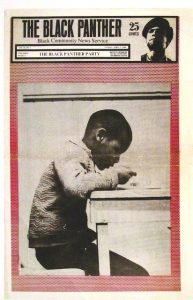
What Black Panther-inspired Gift to Oakland Should Have Looked Like
Disney’s Black Panther-inspired gift to Oakland children is great, but there is a way it could be better.
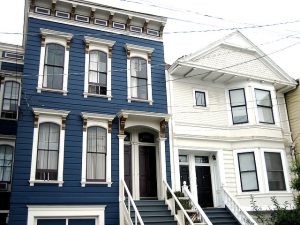
Homeowners Reap Profits While Fueling Housing Crisis
The widespread critique of California’s SB 827 got me thinking about why nobody talks about those really profiting from land use decisions that inflate their property values: homeowners.

Shelter Shorts—The Week in Community Development, April 20
NIMBYs, YIMBYs, PHIMBYs-Oh My! | Can Algorithms Make Equitable Cities? | Retail Segregation Takes a Toll | E.R. Visits and “Tough” Neighborhoods | Enough Innovation Already | More…
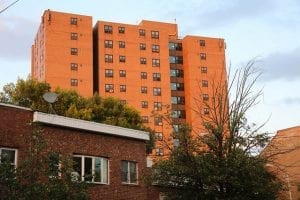
It’s Time to Build New, Mixed-Income Public Housing
An interview with Ryan Cooper, co-author of the report (with Peter Gowan), Social Housing in the United States, about current approaches to government intervention in the rental market, the politics of home ownership, why public housing needs to be mixed-income, and envisioning a society that provides adequate, affordable housing to all of its citizens.
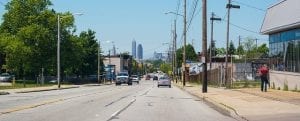
Remember Slavic Village? It’s Back
A Cleveland neighborhood made famous as an epicenter of the foreclosure crisis works its way back to stability. Here’s how.

Shelter Shorts—The Week in Community Development, April 13
Really, YIMBYs? | TOD Without Displacement | Tracking 80 Million Evictions | MLK’s Campaign, Revitalized | Airbnb Hastening Demise of NOLA Culture? | Bike “Borrowing” for Equity | More

A Marketplace for Health and Housing to Exchange Money—Has the Time Come?
Why would there be a need for a marketplace that values health? The answer is simple: our current “investments” in health are not working.
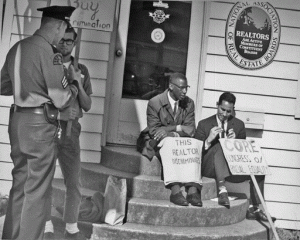
HUD Secretary Ben Carson and His Perverse Actions on Fair Housing
In honor of the 50th anniversary of the passage of the federal Fair Housing Act, HUD Secretary Ben Carson is doing all he can to undermine its mission.

The Amazon Opportunity to Revitalize Urban Communities
It’s not too late for cities competing to be the next home to Amazon to raise the issue of employer-assisted workforce housing.
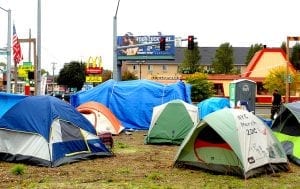
Shelter Shorts—The Week in Community Development, April 6
Gentrification Is Bad For One’s Health | Housing Teachers-At School | Protecting Space for Local Business | TOD Doesn’t Have to Displace | Community Artists Win in Court | More . . .

Displaced Portland Residents Given Priority for Homeownership
A Portland policy gives priority for housing funded by the city’s housing bureau to residents who were displaced, are at risk of displacement, or are the descendants of families who were displaced due to urban renewal in North and Northeast Portland neighborhoods.
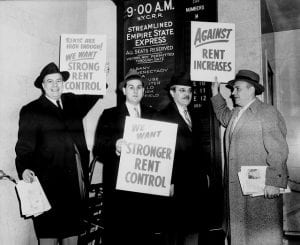
Ask Yourself: Who Do Anti-Rent Control Policies Serve?
Whenever you hear (or read) anti-rent control arguments, ask the question: who benefits from banning rent control? And who is hurt?
